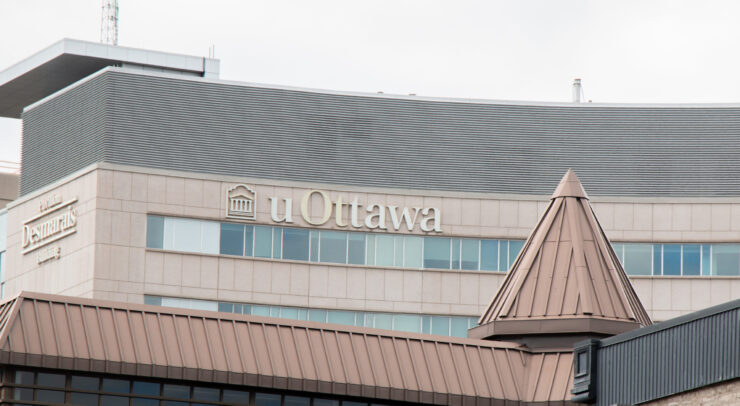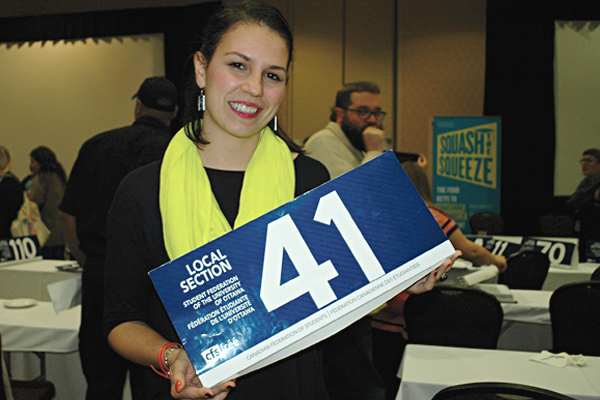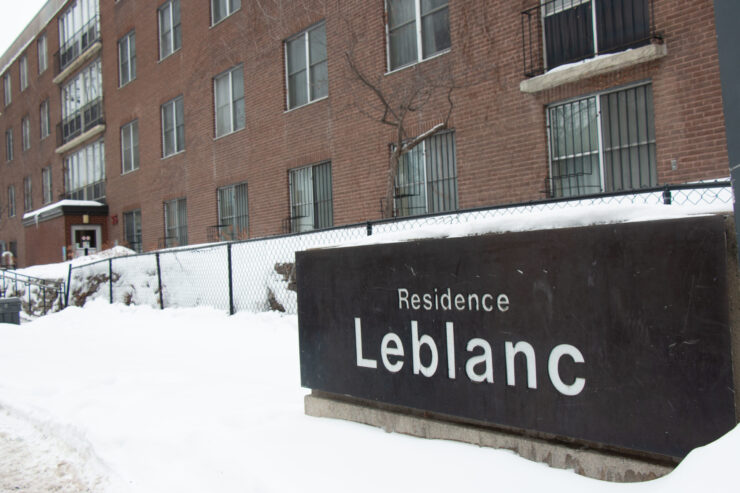International recycling competition reduces carbon footprint
Daniel LeRoy | Fulcrum Staff
Canadians are world-leading polluters; according to the Conference Board of Canada, we produce more waste per citizen than any other western country.
We also consume more water per capita, and thanks to the oilsands, contribute to extremely high levels of carbon waste.
Despite our country’s negative environmental track record, young Canadians are determined to help save the planet. For example, the University of Ottawa has been the winner of RecycleMania for the last four consecutive years.
RecycleMania is a competition run through a non-profit organization by the same name and has been held across North America since 2001. The Board of Directors for the event is made up of sustainability managers from a variety of universities and the competition includes over 630 campuses. Its goal is to educate people about their environmental footprint and encourage them in a friendly and cooperative way to reduce the level of waste they produce as much as possible. In the 12 years that RecycleMania has taken place, it has managed to recover and recycle over 91 million pounds of recyclables that would have ended up in landfills. That adds up to a total 127,000 metric tons of carbon dioxide, which would have been blocking reflected sun rays and destroying the ozone layer.
Since the U of O began competing in RecycleMania four years ago, our campus has managed to reduce its waste by 56 per cent.
Julie Cook, waste diversion and recycling coordinator on campus, is impressed with the initiative taken by the U of O, but says much more can be done.
“I think the university should be more focused on providing a forum for students and staff to discuss and fundamentally rethink the un-sustainability of limitless consumerism, and how their daily choices are intricately linked to the health of the planet and, by extension, our health,” said Cook.
Cook has a simple, five-step plan for increased sustainability and believes that if everyone works together, the U of O can achieve the goal of being waste-free by 2020.
Included in Cook’s plan: carry a reusable mug, take notes on a laptop to save paper, use reusable grocery bags, buy clothes and other items at thrift shops and the Free Store (647 King Edward Ave.), and carry recyclables until you find a recycling bin rather than throwing them out.
RecycleMania encourages students to put steps like these into practice and gives them the opportunity to put their skills to the test in fun ways. For example, on March 28, students participated in “Guerilla Recycling,” an event that had teams competing to be the top sorter.
Students can also come up with their own recycling initiatives. Some U of O law students have created “Fauteux Without Trash Cans,” a project that encourage students to walk to the nearest recycling station by removing garbage cans from classrooms.
According to this year’s totals, the U of O has reduced 868 metric tons of carbon dioxide—the equivalent of taking 170 cars off the road or the energy consumption of 75 households and—currently ranks 41 out of 269 participating campuses.
Find more information about the U of O’s recycling initiatives http://www.sustainable.uottawa.ca/events/recycle-mania.html.





